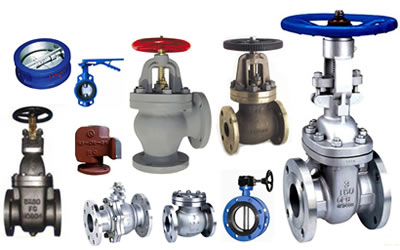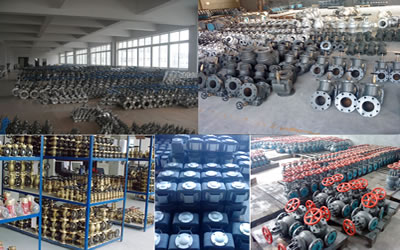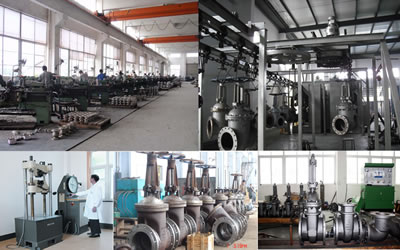Danish Shipping supports assessment of regulation before new ship-recycling initiatives in EU
Danish Shipping has supported the European Commission's (EC) position that encourages the assessment of current legislation before introducing new ship-recycling initiatives across European Union (EU) states.
The support comes after the EC published its view on the feasibility of offering a financial incentive to ensure that more ships are recycled at EU-approved facilities.
According to the EC report, the commission is yet to understand the actual functionality of ship-recycling licences.
The planned licence scheme would entail all ships requiring a licence to call at EU ports, regardless of flag or country of origin.
Shipowners would have to provide a monetary contribution in order to obtain a licence.
The contribution would then follows the specific ship calling at different EU ports and would only be returned to the shipowner if recycling is carried out at an EU-approved facility. If not, the owner will have to forfeit the amount.
Danish Shipping EU affairs director Casper Andersen said: “We see great challenges and many loose ends to the practical transposition of the licensing idea, especially the calculation of the cost gap between recycling at an EU-approved and a non-approved facility, when the ship is to be recycled 10-15 years from now, is problematic.
“The Commission suggests it will be this difference that determines the size of the licence premium, but what happens when the ship is sold, and who ensures that the market value of the ship will not degrade compared to ships not covered, and therefore cheaper to buy?”
Danish Shipping has also expressed concern regarding possible retaliation from third-country shipowners, as ships flagged outside the EU will be required to contribute to the licence scheme as soon as they call at an EU port.




